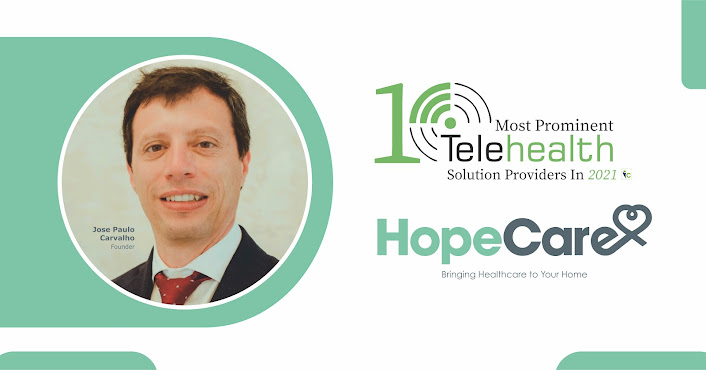The medicinal industry has continued to evolve along with the simultaneous evolution of the human community. The treatment of different ailments was aided by various plants and herbal remedies that were discovered in the early days of medicine. Since then, the pharmaceutical space has gone through several changes that have made it the dynamic industry which it is today.
The pharmaceutical sector has evolved to become a multibillion-dollar industry. The long and complicated process of demonstrating a compound’s safety and efficacy in the laboratory has improved the success ratio of medicines. Pharmaceutical companies are constantly working on novel therapies that will help people live longer and healthier lives.
Pharmaceutical firms create, manufacture, sell and distribute these therapies on a daily basis all around the world. Many companies are giving their key contributions to the development of the pharmaceutical industry. One of the prominent names on that list is Idorsia Pharmaceuticals.
Exhibiting True Excellence
Idorsia is a high-potential biopharmaceutical firm based in Switzerland, Europe’s biotech heartland, that specializes in the discovery, development, and commercialization of new small molecules with the goal of changing the pharmaceutical landscapes.
Idorsia began its operations on June 15, 2017, following the demerger from Actelion, with registered shares of Idorsia Ltd being listed on the SIX Swiss Exchange the next day. Idorsia, while a start-up at heart and only 4.5-year-old on paper, this company starts hitting the ground running with a 20 year heritage of discovering and developing innovative therapies for patients in need.
Mission and the Strategy
Idorsia’s mission is to become a leading mid-sized biopharmaceutical company. The company’s key strengths are its full pipeline, established and well networked teams of drug discoverers, clinical developers, and commercialization specialists, housed in state-of-the-art laboratories and office spaces, supported by a strong balance sheet. Idorsia’s strategy is to harness these key strengths and use them to build a company that discovers, develops, and commercializes innovative drugs.
In order to fulfil its mission, Team Idorsia has formulated five-mid-term key strategic priorities to achieve long-term success:
Deliver at least three projects to market
Build a world-class commercial organization
Bring Idorsia to sustainable profitability
Fuel the pipelines with new discoveries
Utilize state of the art technologies
Now, it’s all about execution!
Inspiring Leadership
Jean Paul Clozel has been the Chief Executive Officer of Idorsia Pharmaceuticals Ltd. since 2017. He achieved his medical degree in France. Further, he completed the training in pharmacology and physiology at the University of Montreal, Canada, and at the University of California, San Francisco, US.
He is an experienced cardiologist and was Head of the Drug Discovery Group in the Cardiovascular Department of F. Hoffmann-La Roche. He is one of the founders of Actelion in 1997 and was its CEO for the period of 2000-2017. He also serves as a Member of the Board of Idorsia Ltd.



